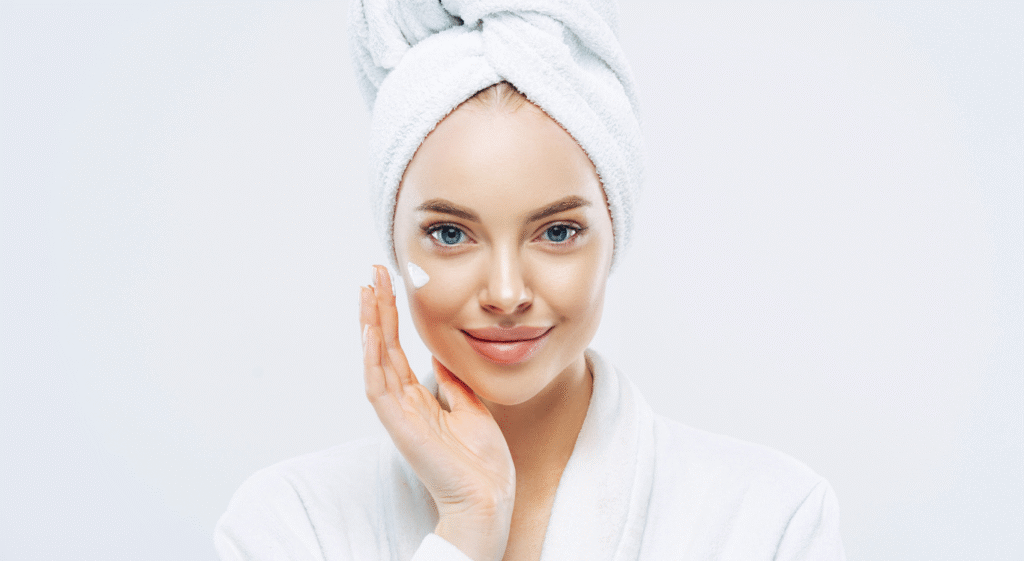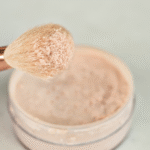An anti-aging cream is a skincare product designed to reduce visible signs of aging such as wrinkles, fine lines, age spots, and loss of skin elasticity. These creams are formulated with active ingredients that target skin concerns caused by factors like sun exposure, pollution, and natural aging. The main goal is to nourish, hydrate, and stimulate the skin’s renewal process.
Anti-aging creams often work by boosting collagen production, improving skin hydration, and promoting cell regeneration. Collagen is a natural protein that keeps skin firm and smooth, but it decreases with age. Ingredients like retinol, peptides, and antioxidants help encourage collagen synthesis while protecting the skin from further damage.
Many of these creams also contain moisturizing agents such as hyaluronic acid, which plumps the skin and reduces the appearance of fine lines. Sunscreen is another key component, as protecting skin from UV damage is essential for maintaining a youthful look.
Consistent use of an anti-aging cream, along with a healthy lifestyle, can help slow down visible aging signs. While results may take time, regular application combined with proper skincare habits can lead to smoother, firmer, and healthier-looking skin over time.
Key Ingredients to Look For in Anti-Aging Cream
The effectiveness of an anti-aging cream depends largely on its ingredients. Some of the most important ones include:
Retinol (Vitamin A): A well-known ingredient for stimulating collagen production and accelerating skin cell turnover. It helps in reducing wrinkles and improving skin texture.
Hyaluronic Acid: Known for its powerful hydration properties, it retains moisture in the skin, making it plump and soft.
Peptides: These small chains of amino acids support the skin’s structure by signaling the body to produce more collagen and elastin.
Antioxidants (Vitamin C, Vitamin E, Green Tea Extract): Protect the skin from free radical damage caused by environmental stressors like UV rays and pollution. They also brighten and even out skin tone.
Niacinamide (Vitamin B3): Improves skin elasticity, enhances the barrier function, and reduces redness and pigmentation.
Sunscreen Filters: UV protection is crucial in anti-aging creams to prevent premature aging caused by sun exposure.
When selecting an anti-aging cream, always check the ingredient list and choose products that match your skin type and specific needs. A dermatologist can help recommend the right formula for your skin concerns.
How to Choose the Best Anti-Aging Cream
Choosing the right anti-aging cream depends on your skin type, age, and specific concerns. For dry skin, look for creams with rich moisturizers like shea butter or ceramides. If you have oily or acne-prone skin, opt for lightweight, non-comedogenic formulas with ingredients like retinol or niacinamide.
Check for SPF if you plan to use it during the day, as sun protection is key to preventing further aging. If you have sensitive skin, choose creams with soothing agents like aloe vera and avoid strong fragrances.
It’s also important to be realistic—anti-aging creams improve skin’s appearance but cannot completely stop aging. Consistency and patience are vital for visible results. Reading product reviews, understanding ingredient benefits, and consulting a dermatologist can help you make the best choice.
Tips for Getting the Best Results
To maximize the benefits of an anti-aging cream, apply it consistently—usually once or twice daily depending on the product instructions. Cleanse your face before application to remove dirt and oil, allowing the cream to absorb better.
Use gentle upward strokes to massage the cream into your skin, focusing on problem areas like the forehead, around the eyes, and mouth. If your cream does not contain SPF, apply sunscreen in the morning after the cream to protect your skin from UV damage.
Combine your cream with a healthy lifestyle: drink plenty of water, eat antioxidant-rich foods, get enough sleep, and avoid smoking. Avoid over-exfoliating, as it can irritate the skin and counteract the cream’s benefits.
With consistent care, a well-chosen anti-aging cream can help you achieve smoother, healthier, and more youthful-looking skin over time.



